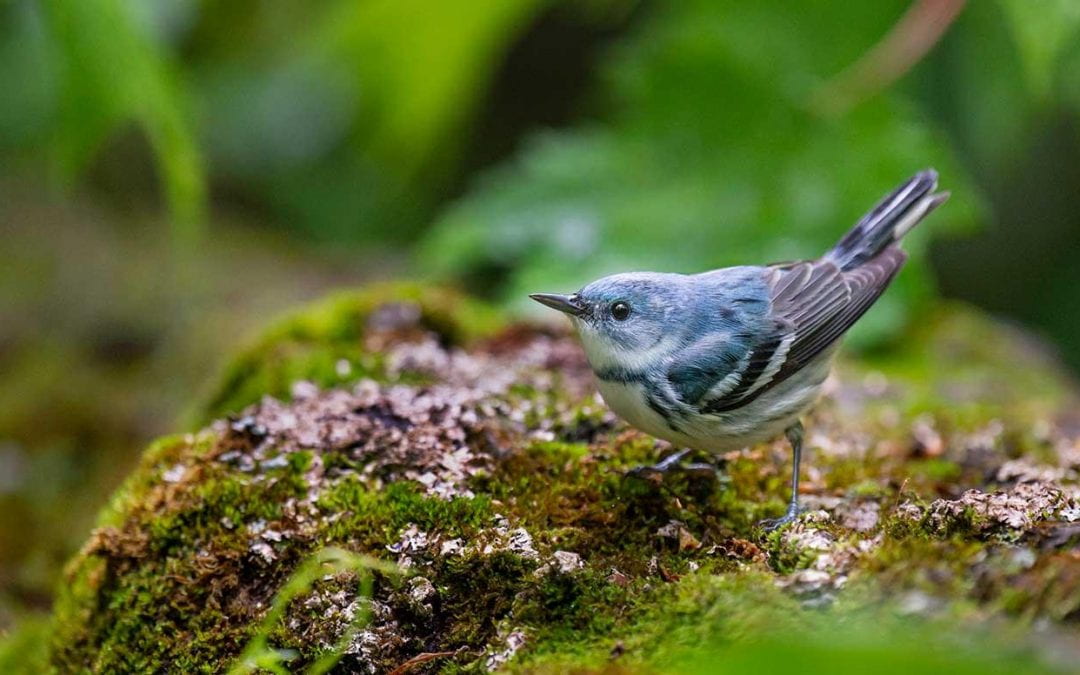If a tree falls in the forest, and only artificial intelligence is listening, is a data point recorded? Such questions have become pertinent to a collaborative research project by scientists from the University of Chicago, Argonne National Laboratory and the University of Wisconsin–Madison, with the support of the UChicago Joint Task Force Initiative.
The research team is deploying autonomous recording equipment in natural areas—including the Morton Arboretum—to eavesdrop on the animals. Doing so can help answer important scientific questions, such as which species are present and how their abundance changes over time.
Their long-term goal is to characterize natural soundscapes using artificial intelligence, and to use that data as a baseline to measure how ecosystems are responding to climate change and other human-induced changes.
The team includes:
• Asst. Prof. Eyal Frank, an environmental economist at the Harris School of Public Policy at UChicago
• Rajesh Sankaran, an experimental systems specialist at Argonne
• Pete Beckman, a computing expert at Argonne
• Zuzana Burivalova, an assistant professor of forest and wildlife ecology at the Univeristy of Wisconsin–Madison

